Trademark law is quirky. Look no further than the attention being given to recent filings to the USPTO by LeBron James and Ohio State University. TACO TUESDAY and THE. These legal matters are receiving substantial media coverage. But the subsequent news blurbs, articles, and media stories all seem to have one important thing in common:
Nearly everyone is wrong about what is going on here.
At this point, I expect ESPN and Darren Rovell to fail at describing the intricate proceedings of trademark matters. That much is a given. It is everyone else piling on these stories that is making me nervous. Accordingly, to address these issues, and because the internet practically runs on top 10 lists, here are 10 misconceptions about LeBron and Ohio State’s trademark filings.
Continue reading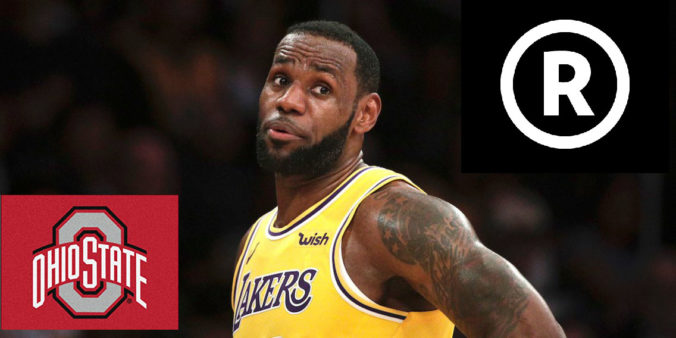
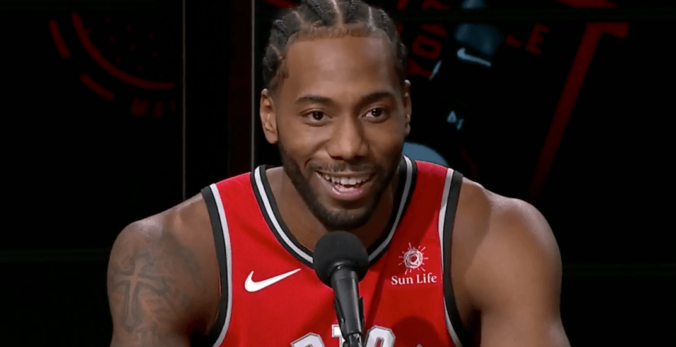
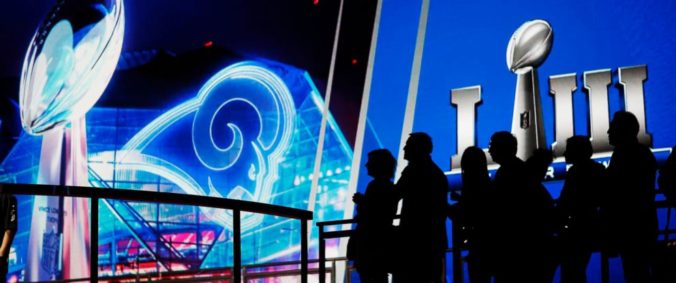
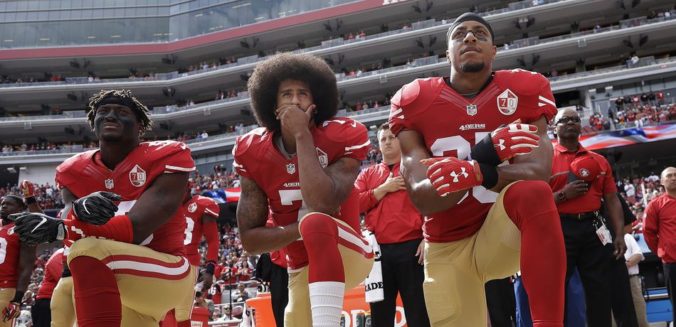
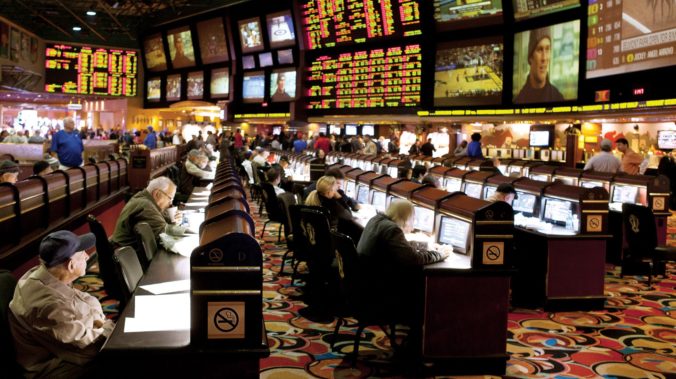
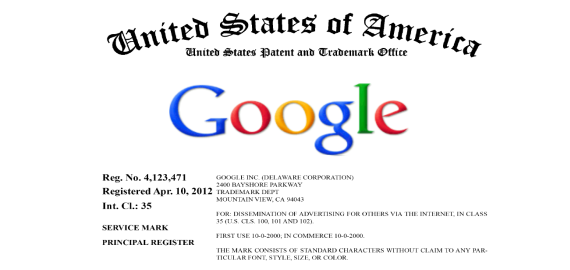

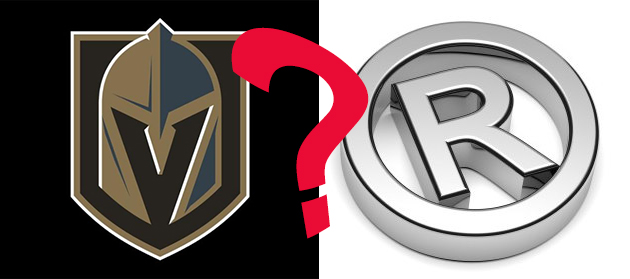
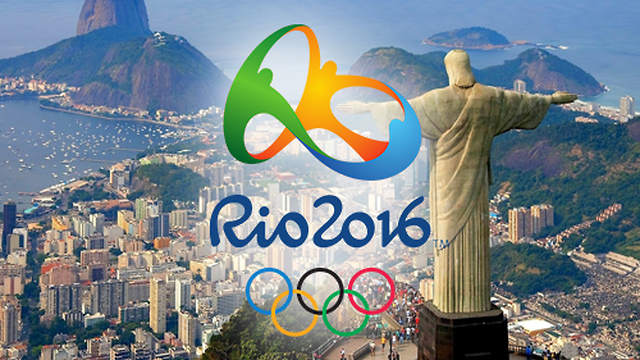
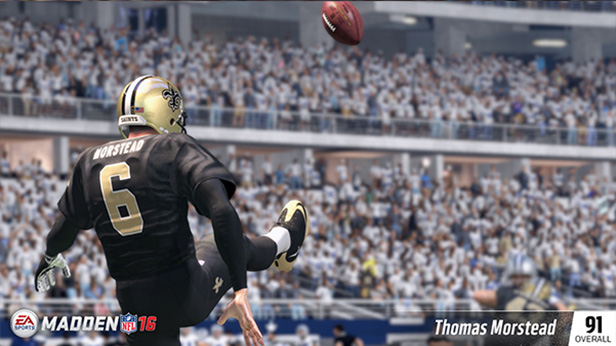
Recent Comments